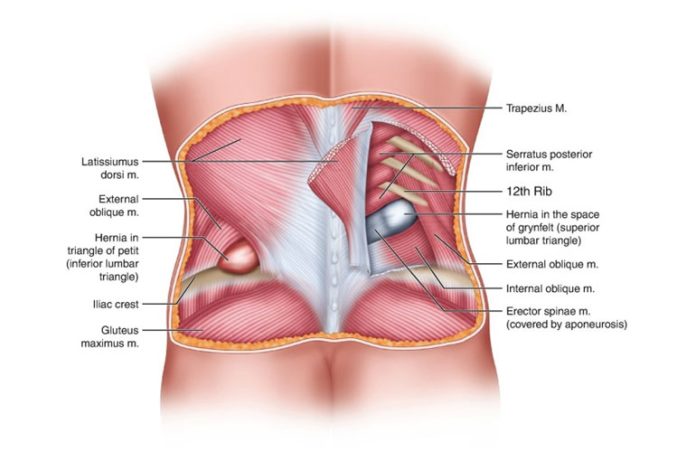Can a Hernia Cause Lower Back Pain? Understanding the Connection and Chiropractic Solutions
A hernia can be a painful and distressing condition that affects many individuals. While it’s often associated with bulging tissue or organs in the abdomen, a common but less-discussed symptom is lower back pain. If you’ve been asking yourself, “Can a hernia cause lower back pain?” you’re not alone. Understanding the link between hernias and back pain is crucial for effective treatment, especially when seeking chiropractic care in San Diego, CA.
What is a Hernia?
A hernia occurs when an organ or fatty tissue pushes through a weak spot in the surrounding muscle or connective tissue. Hernias can occur in several areas of the body, including the abdominal wall, groin, or diaphragm. While the most common symptom is a noticeable bulge or lump, hernias can also cause pain or discomfort, especially when engaging in certain movements or activities.
Types of Hernias that May Cause Lower Back Pain
Several types of hernias may contribute to lower back pain:
- Inguinal Hernia: This occurs when tissue pushes through a weakened area in the abdominal muscles, often causing discomfort in the groin but sometimes radiating to the lower back.
- Disc Herniation: A herniated disc in the spine happens when the soft tissue between the vertebrae bulges out and presses on nearby nerves. This is more directly linked to back pain but can also mimic or aggravate other types of hernias.
- Hiatal Hernia: While typically causing discomfort in the chest and stomach, a hiatal hernia can also lead to upper body and back pain due to the pressure it places on surrounding muscles and nerves.
How a Hernia Can Cause Lower Back Pain
A hernia can cause lower back pain in several ways:
Pressure on Nerves
As hernias push against muscles, ligaments, and nerves, the affected area may become irritated, leading to referred pain in the lower back. For example, a hernia in the abdominal region may compress nerves that travel to the lower back, resulting in discomfort or chronic pain.
Muscle Imbalance
When dealing with a hernia, the body may compensate for the discomfort by altering posture or movement patterns. Over time, this compensation can strain muscles in the lower back, leading to tension and pain. Additionally, if a hernia occurs near the spine, misalignments in the vertebrae can exacerbate existing back pain.
Disrupted Blood Flow
In some cases, a hernia may affect the circulation of blood to muscles and nerves, contributing to tension and pain in the back. This can create a feedback loop where back pain worsens the hernia symptoms and vice versa.
Chiropractic Solutions for Hernia-Related Back Pain
Chiropractic care offers effective solutions for addressing hernia-related back pain. Chiropractors in San Diego, CA, are trained to use non-invasive techniques to restore proper spinal alignment, improve muscle function, and reduce nerve irritation caused by hernias. Here are some chiropractic treatments that can help:
- Spinal Adjustments: These adjustments aim to realign the spine, relieve pressure on nerves, and improve overall posture, which may reduce pain caused by a hernia.
- Massage Therapy: Targeted soft tissue therapies can help alleviate muscle tension and pain associated with a hernia, improving flexibility and reducing discomfort.
- Therapeutic Exercises: Chiropractors may recommend specific exercises designed to strengthen the muscles surrounding the hernia site and improve spinal stability, preventing further pain and injury.
- Lifestyle Advice: Chiropractors can provide guidance on posture, lifting techniques, and exercises that prevent worsening of both hernias and back pain.
Conclusion
If you’re wondering, “Can a hernia cause lower back pain?” the answer is yes. The connection between a hernia and back pain is more common than you might think. Seeking chiropractic care in San Diego, CA, can provide relief and help you manage both hernia and back pain symptoms effectively. By using targeted spinal adjustments and other therapies, chiropractors can help you recover and improve your quality of life.



